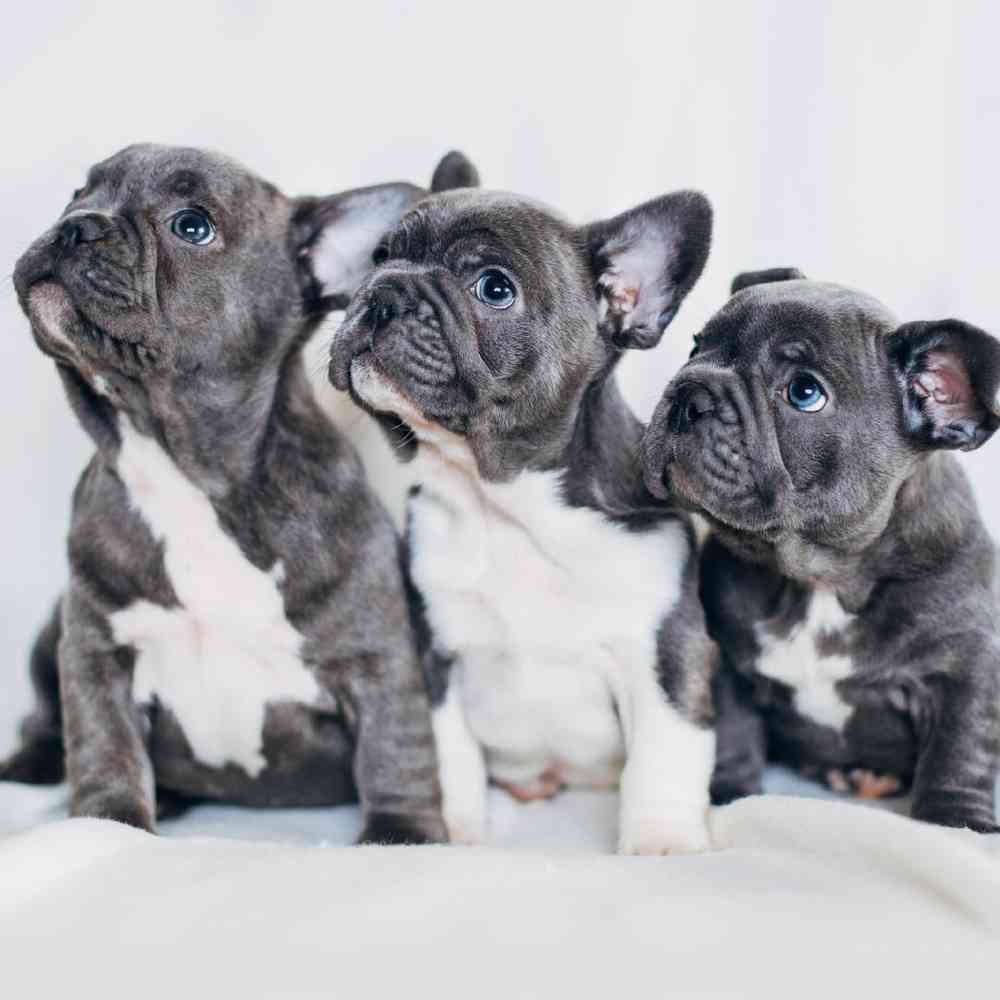
The one-of-a-kind French Bulldog, with his large bat ears and even disposition, is one of the world’s most popular small-dog breeds, especially among city dwellers. The Frenchie is playful, alert, ada... More



The French Bulldog has the appearance of an active, intelligent, muscular dog of heavy bone, smooth coat, compactly built, and of medium or small structure. Expression alert, curious, and interested. Any alteration other than removal of dewclaws is considered mutilation and is a disqualification. Proportion and Symmetry--All points are well distributed and bear good relation one to the other; no feature being in such prominence from either excess or lack of quality that the animal appears poorly proportioned. Influence of Sex--In comparing specimens of different sex, due allowance is to be made in favor of bitches, which do not bear the characteristics of the breed to the same marked degree as do the dogs.
The French Bulldog resembles a in miniature, except for the large, erect “bat ears” that are the breed’s trademark feature. The head is large and square, with heavy wrinkles rolled above the extremely short nose. The body beneath the smooth, brilliant coat is compact and muscular. The bright, affectionate Frenchie is a charmer. Dogs of few words, Frenchies don’t bark much—but their alertness makes them excellent watchdogs. They happily adapt to life with singles, couples, or families, and do not require a lot of outdoor exercise. They get on well with other animals and enjoy making new friends of the human variety. It is no wonder that city folk from Paris to Peoria swear by this vastly amusing and companionable breed.
American Canine Association Continental Kennel Club Universal Kennel Club International American Kennel Club United All Breed Registry America's Pet Registry, Inc. United Kennel Club (Based on breed recognition. See store for details on this particular puppy.)
This breed cannot swim and should never be near open water without constant supervision and also wearing a dog life jacket. Loves to hunt mice Were originally bred by English lack makers in the 19th century.